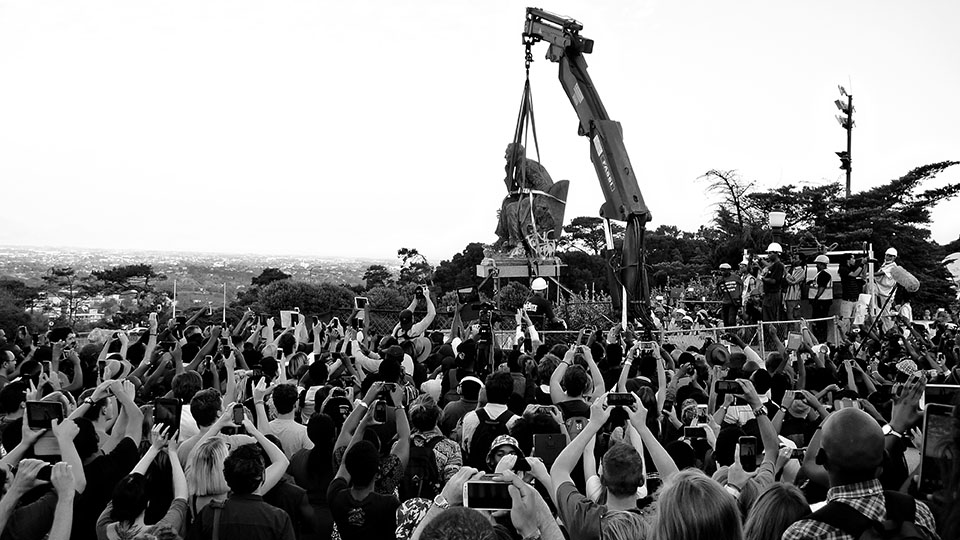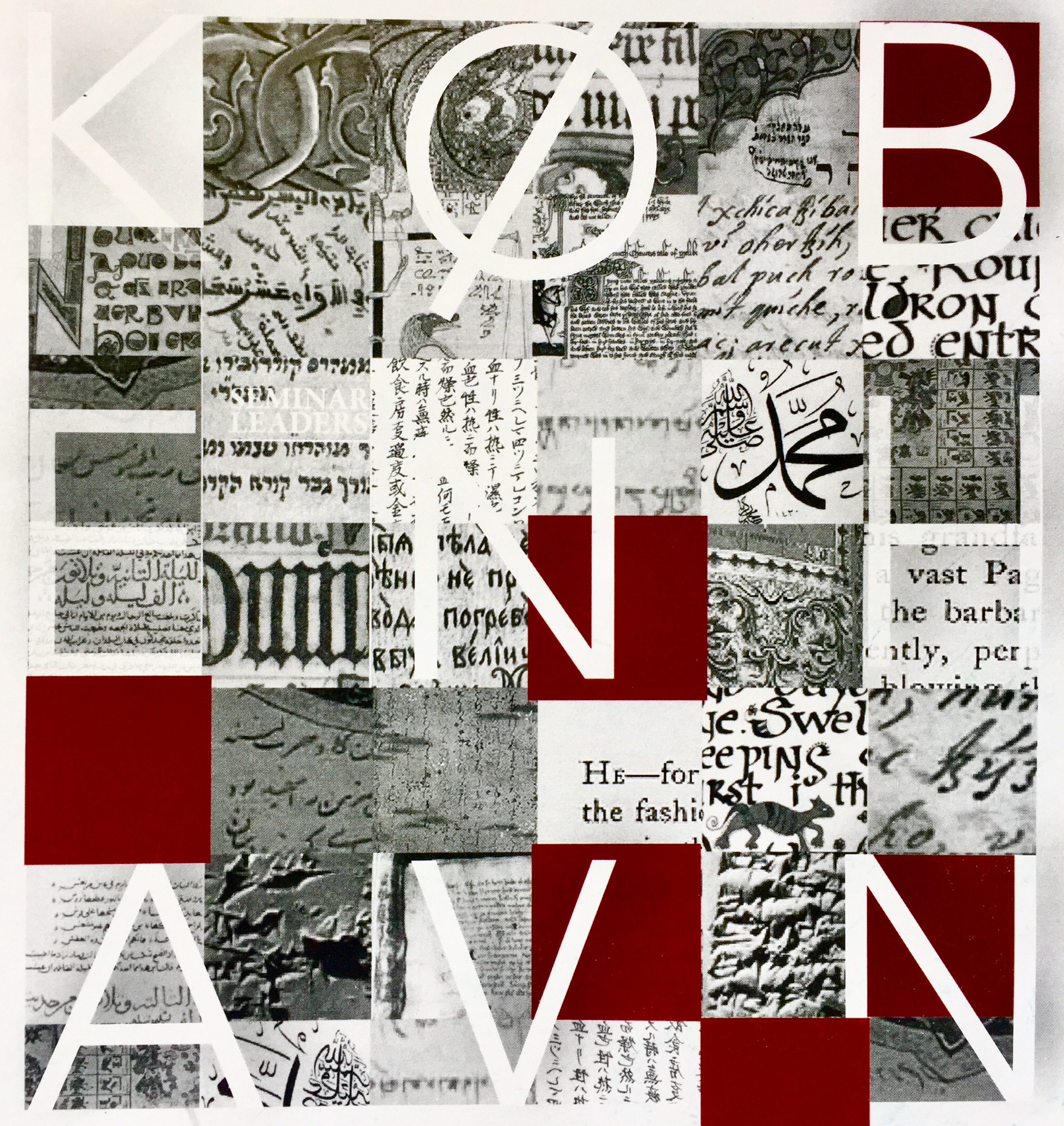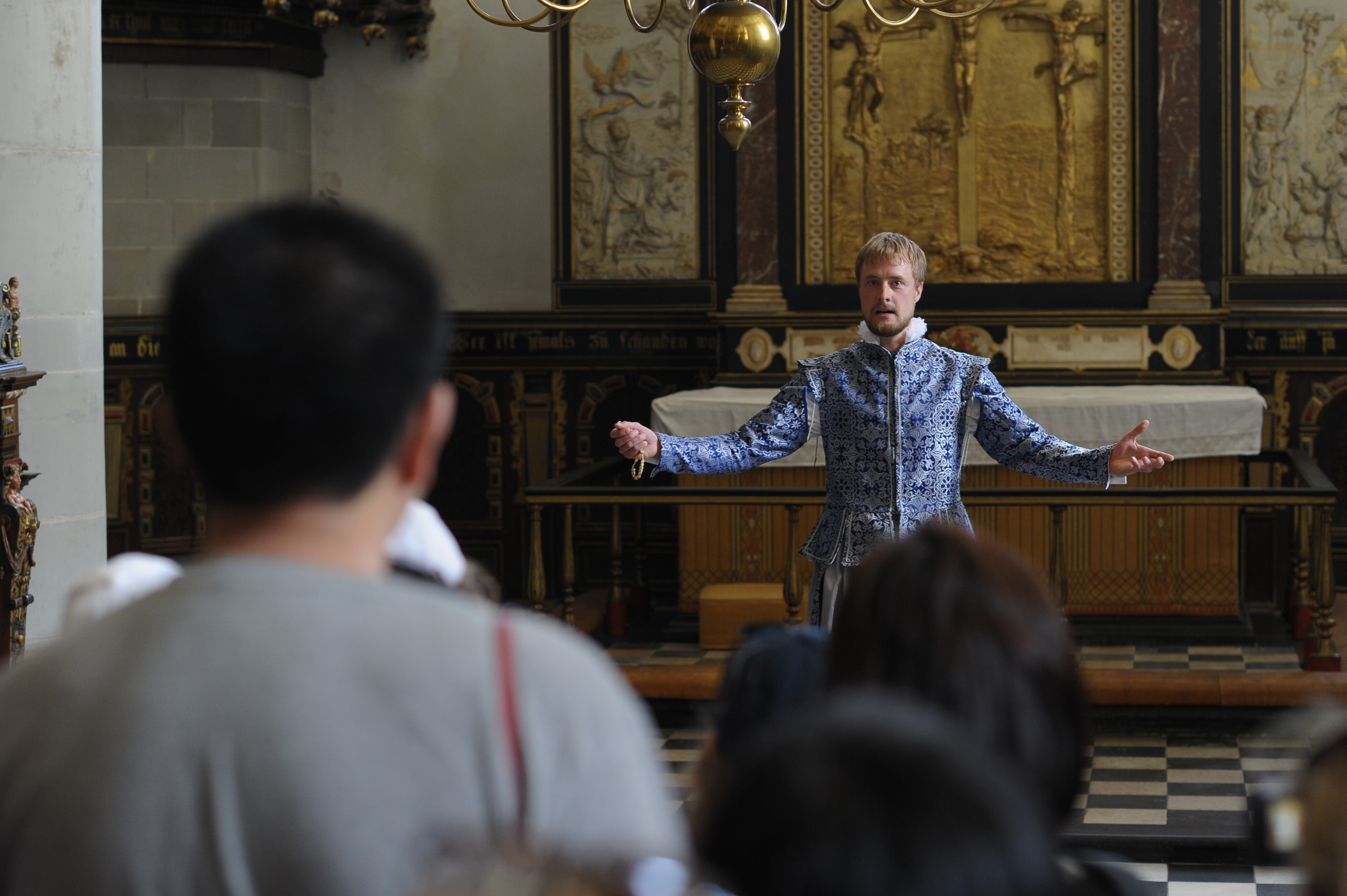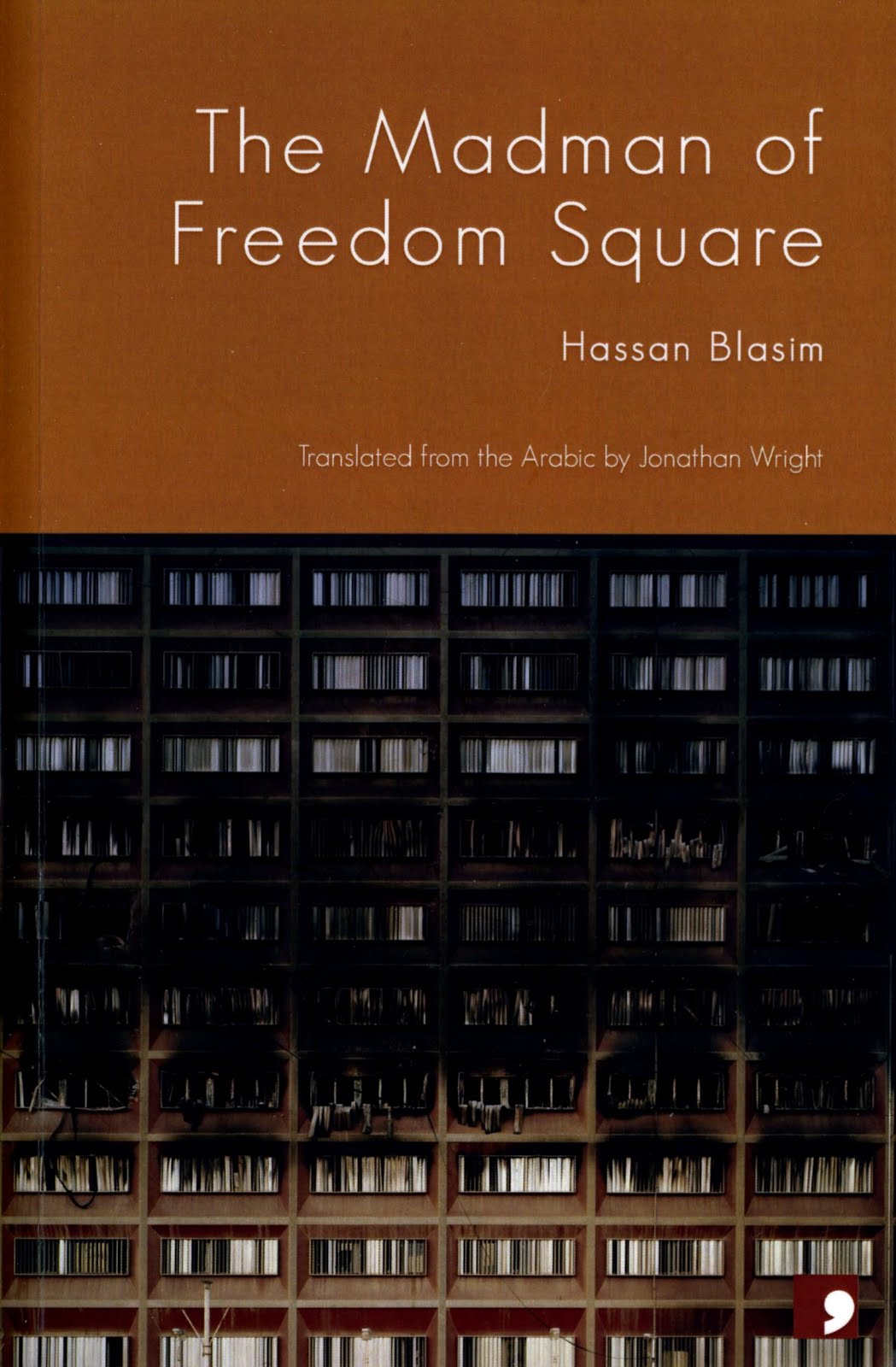Literary Criticism
Challenging the biases of current discussions on World Literature and shifting the focus from a single center to multiple, entangled literary histories necessitates a study of literary criticism itself. For each region, we ask where ideas of what constitutes “good” literature and even literature itself comes from, and if multiple formal and generic norms exist or overlap within the same space.
We search for responses to impactful concepts such as “refinement” or “modernity” and consider the possibility that textual production may exist which rejects or ignores these concepts even in regions where they had considerable reception. Other avenues we explore include canon formation, tools of recognition—from prizes and panels to court patronage-—and literary history. Finally, we notice that much of the secondary criticism and literary theory that underpins academic discourses on World Literature is overwhelmingly European and American. We hope to bring to your attention to literary criticism and theory on World Literature written in non-European languages by scholars from our various regions. In this effort, we have commissioned the translation of numerous essays related to World Literature written in Urdu into English. We worked closely with the Pakistan Academy of Letters to compile and curate this list.
Retrospective: MULOSIGE roundtable on Aamir Mufti’s Forget English!
Fatima Burney looks back at our roundtable discussion with Professor Aamir Mufti and explores the consequences of his latest book, Forget English!, for the MULOSIGE project
English an African Language? Hay’ khona! (Nope)
In a response to recent articles in the Journal of African Cultural Studies, Wanga Gambushe (SOAS) asks whether English can be an African language from a particularly South African perspective
To English, or not to English? Shakespeare as a translator
Guest contributor Jennifer E. Nicholson questions the idea of Shakespeare as a quintessentially English author, and describes instead ‘un-Englished’ Shakespeare who was not limited to either a single locality or language
‘What isn’t World Literature?’ David Damrosch and the IWL
At the Institute for World Literature 2017, the programme's founder David Damrosch offered pertinent and timely critiques of world literature to which the MULOSIGE project has begun to respond
Hamlet at Helsingør: performance across time, space and language
Watching 'Hamlet Live' at Kronborg Castle creates a sense of both familiarity and distance that helps us think about how literatures travel and come to be shared
Hassan Blasim’s Refugee Narratives: Travelling Between Fact and Fiction
As ‘kan ya makan’ implies, Blasim’s stories are and they are not: they impress upon readers the porous boundaries between fact and fiction, particularly at a juncture when tales of migration are gaining political and literary attention







